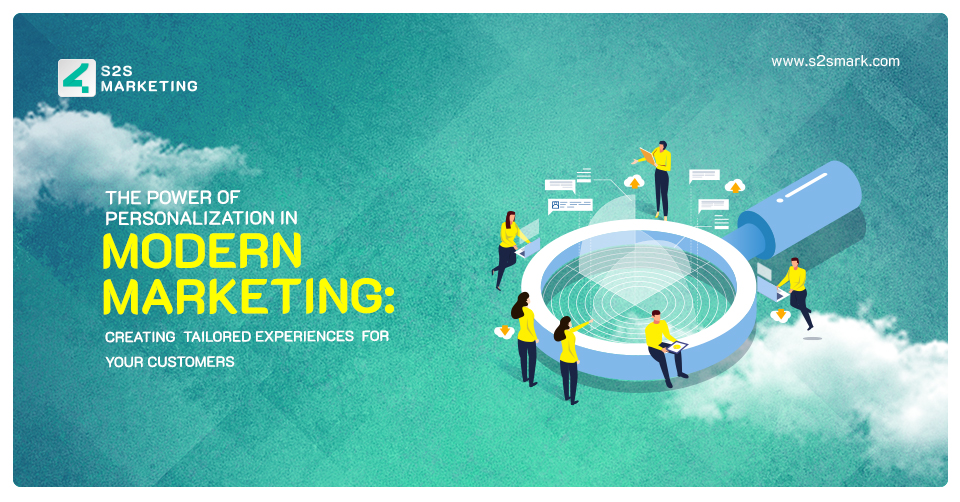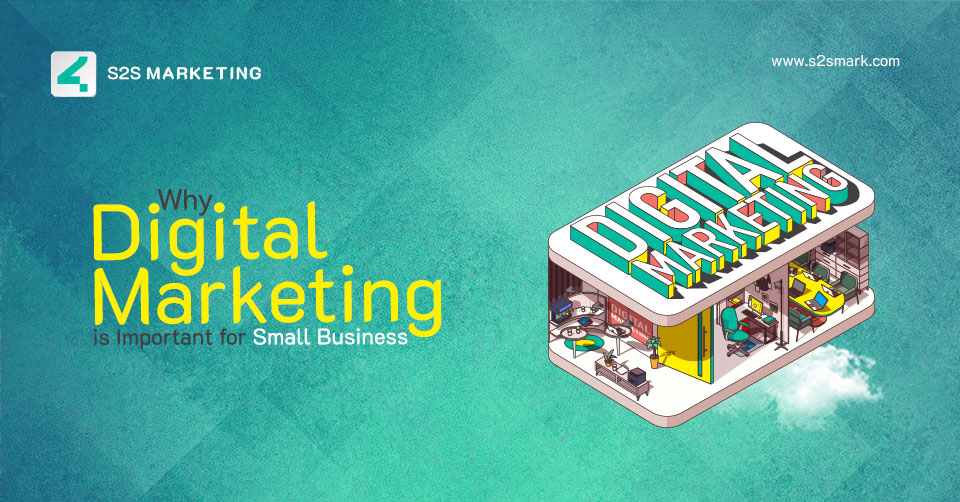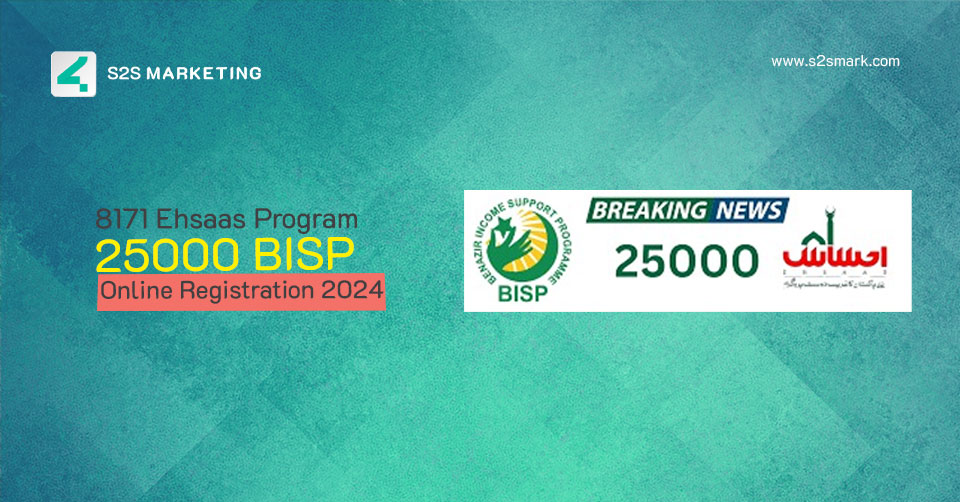In today’s fast-paced and highly competitive business landscape, successful marketing requires more than just generic mass messaging. It’s essential to connect with customers on a personal level and provide tailored experiences that resonate with their unique needs and preferences. Enter the power of personalization – a game-changer that can transform your marketing efforts and drive exceptional results. In this blog, we’ll explore the importance of personalization in modern marketing and uncover strategies to create unforgettable experiences for your customers.
Understanding the Shift:
- Gone are the days of one-size-fits-all marketing. Consumers now expect brands to understand them as individuals and deliver relevant content and offers. This shift is fueled by advancements in technology, data collection, and the rise of customer-centric marketing approaches. By recognizing this change, businesses can unlock opportunities to forge deeper connections and drive customer loyalty.
Harnessing Customer Data:
- Personalization relies heavily on customer data. By leveraging customer information, such as demographics, purchase history, and browsing behavior, businesses gain valuable insights into individual preferences. This data can be gathered through various channels, including website analytics, social media, and customer surveys. Armed with these insights, marketers can create tailored campaigns and experiences that resonate with their target audience.
Customizing Content:
- Content is king, and personalized content is the crown jewel. From email marketing to social media campaigns and website experiences, tailoring content to individual preferences can significantly impact engagement and conversion rates. Dynamic content that adapts based on customer data, such as personalized recommendations or location-specific offers, enhances relevance and captures attention.
Segmenting Your Audience:
- Segmentation is a fundamental aspect of personalization. By dividing your customer base into distinct groups based on shared characteristics or behaviors, you can deliver more targeted messages and offers. Segmentation can be based on factors like age, location, interests, or purchase history. Each segment can then receive tailored marketing communications that address their specific needs and desires.
Embracing Automation:
- Automation tools play a crucial role in implementing personalization at scale. Marketing automation platforms allow businesses to streamline processes, track customer interactions, and deliver personalized experiences efficiently. Automated email campaigns, triggered by specific actions or milestones, can nurture leads and drive conversions. Personalization algorithms can dynamically adjust website content based on user preferences. These automation capabilities empower businesses to deliver timely, relevant messages without the need for constant manual intervention.
Utilizing Artificial Intelligence:
- Artificial Intelligence (AI) takes personalization to the next level. AI algorithms can analyze vast amounts of customer data, predict behaviors, and provide real-time recommendations. Chatbots powered by AI can offer personalized assistance to website visitors, improving customer satisfaction. AI-driven advertising platforms optimize campaigns based on user behavior, increasing the likelihood of conversion. By embracing AI, businesses can harness the power of data-driven personalization for enhanced customer experiences.
Leveraging Social Media:
- Social media platforms are a goldmine for personalization opportunities. These channels provide valuable insights into customer preferences, interests, and interactions. By leveraging social media listening tools, businesses can monitor conversations, engage with customers, and personalize their responses. Tailored social media ads based on user data can significantly increase click-through rates and conversions. Building a strong social media presence allows for more personalized interactions and fosters brand loyalty.
Creating Seamless Omnichannel Experiences:
- Personalization should extend across all touchpoints in the customer journey. Whether it’s a website visit, in-store experience, or mobile app interaction, consistency and personalization are key. Implementing a seamless omnichannel strategy ensures that customers receive personalized messaging and experiences, regardless of the channel they choose. Integrated customer data and robust customer relationship management (CRM) systems are vital in achieving this level of personalization.
Engaging through User-Generated Content:
- User-generated content (UGC) provides a unique opportunity for personalization. Encouraging customers to share their experiences, testimonials, or creative content not only enhances engagement but also allows for personalized interactions. Reposting or showcasing UGC on social media or websites shows customers that their contributions are valued, strengthening the connection between the brand and its audience.
Measuring Success and Iterating:
- To maximize the effectiveness of personalized marketing efforts, it’s crucial to measure their impact and iterate accordingly. Key performance indicators (KPIs), such as click-through rates, conversion rates, and customer satisfaction scores, help gauge the success of personalized campaigns. By continuously analyzing data and feedback, businesses can refine their strategies, adapt to evolving customer needs, and deliver increasingly personalized experiences.
Conclusion:
Personalization has become a cornerstone of modern marketing, enabling businesses to connect with customers in a more meaningful and impactful way. By harnessing customer data, embracing automation and AI, leveraging social media, and creating seamless omnichannel experiences, businesses can deliver tailored content and offers that resonate with their audience. Embracing the power of personalization will not only drive customer engagement and loyalty but also position your brand as a trusted and valued partner in their journey.





